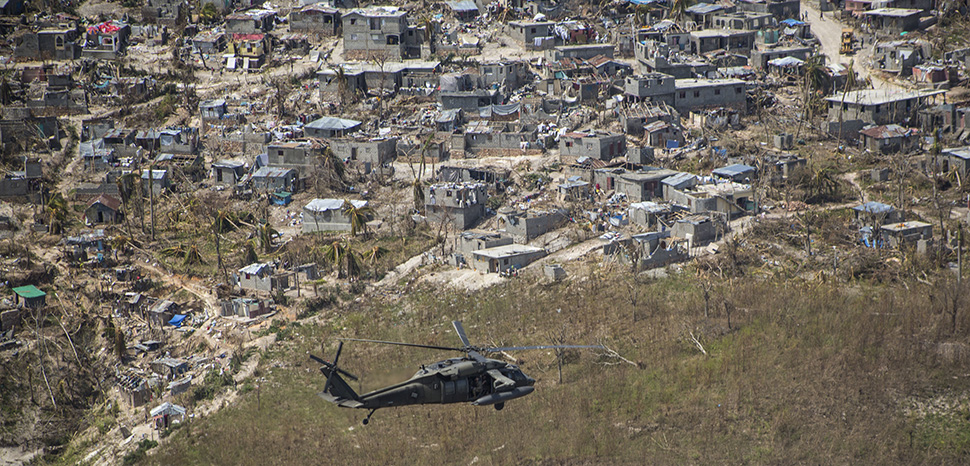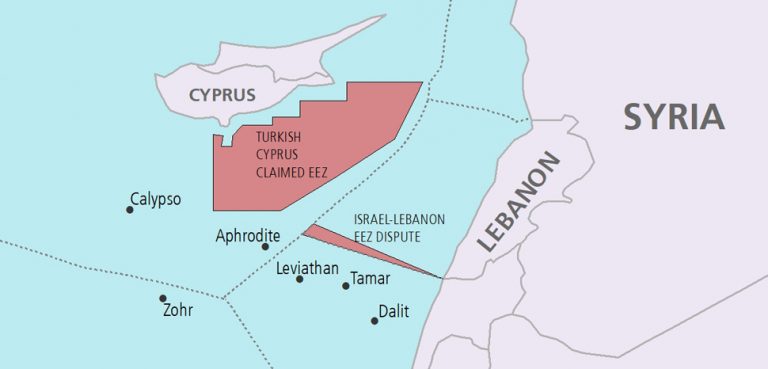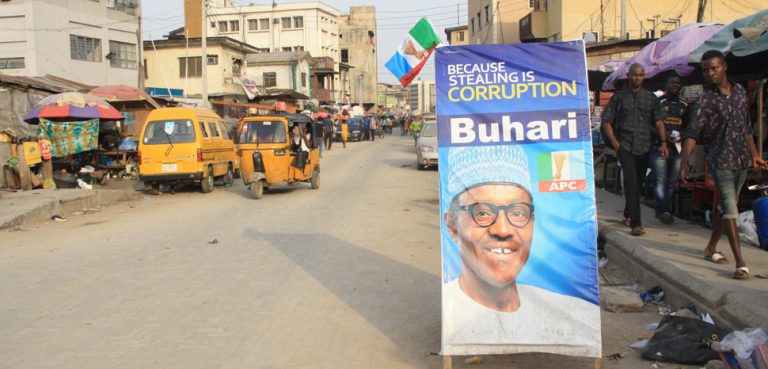The situation in Haiti is grim and the small state is now ticking all the necessary boxes to classify it as a failed state. The government’s loss of its monopoly on violence is the critical issue leading to mass chaos, violence, and crime. In a bid to stabilize the small island, the UN and several benefactor states have agreed to pay for a police deployment to assist the government in imposing law and order. The government of Kenya stepped forward and pledged their police force, recognized by UN resolution 2699 in October 2023. The framework for the mission includes peacebuilding, securing vital infrastructure, and the installation of vital protection policies and apparatus for vulnerable sectors of the population. However, as of February 2024, the mission has stalled amid political setbacks in Kenya.
The setbacks relate to the blocking of the mission by the high court, which referenced the constitution of Kenya, specifically with regard to the fact that the mission is not a military peacekeeping operation, and police may only be legally deployed if a reciprocal agreement exists with the state to which police are being deployed. The government has now challenged the high court’s assessment and remains committed to going through with the mission; however, the primary concerns here are operational, not legal.
Kenya Police Reputation
The Kenyan police service has struggled to maintain a good reputation in the 21st century, facing allegations of targeted killing and reports of unwarranted use of force. While efforts to legitimize and stabilize policing have borne fruit, there are still consistent confirmed reports of police misconduct. Some examples of police malfeasance and illegal activity in the previous month include:
27 February 2024: Murder of a prison warden by an intoxicated police officer.
26 February 2024: Two officers arrested for extorting a suspect.
19 February 2024: Officer arrested for distributing alcohol illegally.
18 February 2024: Four officers arrested for disregarding governor’s orders and consuming alcohol publicly.
6 February 2024: Two officers arrested for the disappearance of a firearm.
6 of February 2024: Officer arrested for rape of student in custody.
1 February 2024: Officer arrested for taking bribes.
30 January 2024: Officers arrested following unexplained escape of suspect.
30 January 2024: Two officers arrested for solicitation of bribes.
The Haitian mission, should it go ahead, will be an enormously complex task of policing, investigation, security, and very likely heavy fighting in key areas. The task would be complex enough for elite police forces from around the world and the deployment of regular police officers from a state that is still struggling to maintain consistent policing standards is a concerning point. In addition, recent events have overtaken the planned police mission and the situation on the ground in Haiti is rapidly changing.
Haiti Outlook
The Haitian mission itself will not be a simple security operation. The gangs are well-armed and organized, and are easily able to challenge military and police units on the ground. Prime Minister Henry’s recent trip has triggered chaos as two major gangs launched attacks on prisons, government offices, and police posts, resulting in a mass prison break in the capital. The chaos has resulted in rioting as security forces close ranks on critical infrastructure at the airport and central government structures. The situation is critical as gangs have called for the resignation of the PM, threatening to overrun the government’s remaining key areas.
Following a period of uncertainty over the whereabouts of Prime Minister Henry, he is confirmed to be in Puerto Rico after his plane was diverted by Dominican authorities. During this time, the United States and Caribbean leaders have called for Henry to step down while Washington and UN push to expediate the Kenyan police deployment funded by UN member states.
The gangs themselves are complex in structure, and while they started as criminal organizations, they have since evolved into a form of militancy with a distinct political narrative at odds with the criminal nature of their activities. Former police officer turned G9 gang leader Jimmy “Barbeque” Chérizier dresses in fatigues and beret, styling himself as a revolutionary rather than a criminal leader. Regardless of the narrative, the reality is that the gangs are overwhelmingly powerful.
While up to date information in the field is difficult to acquire, G9 and the G-PEP gang, a coalition of gangs that joined to counteract the growing G9 influence, are the largest operating gangs in Port Au Prince. With the gangs actively threatening not only the stability and security of the region, but actual political processes as well, the threat they pose is significantly higher. Gang leaders such as Cherizier seem to have grander ambitions than the control of territory, but rather the control of Haiti as a whole.
Impact
While the gross insecurity and power of the gangs has prompted a growing urgency for the support mission, the efficacy of the Kenyan police mission, already questioned prior to the current situation, is a serious concern. 1,000 deployed police officers in what is currently a lawless conflict zone is unlikely to yield positive results and may well lead to major casualties in the support mission as well as civilian insecurity. The challenges facing the police deployment have been discussed at length and have only become more complex.
It is highly unlikely a successful democratic transition will take place in the event of Henry stepping down and elections being held. Gang leaders have enough influence to directly affect any democratic process and with little to no legal authority or independent commissions to secure transparency, a legitimate election at this stage is untenable.
Should Henry step down and an election occur, the structure of the planned Kenyan support mission would collapse as the legislative requirements for a policing mission, already controversial in Kenya, would no longer exist. It is unlikely that a new government, even if it’s somehow not under the influence of gangs, would continue with the policing agreement with Kenya, which made the deployment possible in the first place, especially given that it was the deployment itself that apparently triggered most of the recent chaos in the capital. In such a case, UN member states would likely be required to invoke article 138, the responsibility to protect, in order to deploy what would at that point become an intervention force. The change in narrative and mission would be a laborious process, especially considering states have been hesitant to lead any mission into Haiti.
In conclusion, should Henry return to Haiti, the Kenyan police deployment, despite the many challenges facing it, would need to deploy extremely rapidly, which is an unlikely prospect due to the time frame of the agreement and the resistance the action faces in Kenyan courts. Should Henry step down, the sudden power vacuum would only provide more means for gangs to control Haiti and further exacerbate insecurity and chaos in the state. In either case, a Kenyan police deployment is a dangerous and unreliable solution as the situation has become far more complex.




